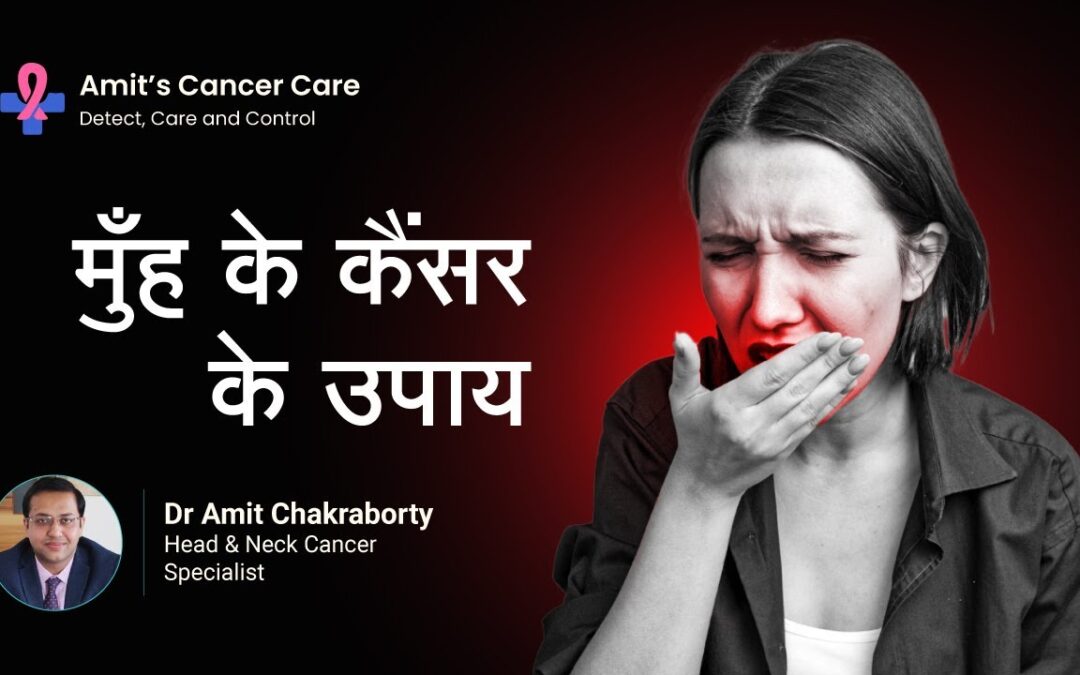Cervical Cancer
ON THIS PAGE
Overview
Cervical cancer is a cancer originating from the cervix. It occurs due to abnormal growth and spread of the cells. This cancer cells affects the deeper tissues of the cervix and may spread to other parts the body. Cervical cancer grows slowly so the symptoms are also not visible in the early stages of cancer. However, there are some precancerous changes in the cervix seen in the early stages of the cancer.
Most women diagnosed with the precancerous changes in the cervix are in their 20s and 30s, but the average age of women when they are diagnosed with cervical cancer is the mid 50s. This difference in the age at which precancerous changes are most frequently diagnosed and the age at which cancer is diagnosed highlights the slow progression of this disease and the reason why it can be prevented if adequate steps are taken.
Signs and Symptoms:
- Abnormal vaginal bleeding, like after intercourse, between menstrual periods or after menopause, menstrual periods can be heavier and last longer than normal.
- Pain during intercourse.
- Vaginal discharge and odor.
- Pelvic pain.
- Difficulty urinating, pain when urinating or blood in urine.
- Severe back pain and swelling in legs.
- Diarrhea or pain or bleeding from rectum upon defecation.
- Fatigue, loss of weight and appetite and feeling of weakness.
- Swollen abdomen, nausea, vomiting and constipation.
Causes of Cervical Cancer:
Causes of cervical cancer are as follows:
 HPV (human papillomavirus):
HPV (human papillomavirus):
It is a sexually transmitted virus. There are various types of HPV. Cervical cancer causing HPV types are nearly always transmitted as a result of sexual contact with an infected individual. Women who have had many sexual partners generally have a higher risk of becoming infected with HPV. This develops the risk of cervix cancer.
 Smoking:
Smoking:
This increases the risk of cervical and other cancers.
 Weak Immunity System:
Weak Immunity System:
Weak immunity can also increase the risk of cervical cancer. And also increase the risk of the patient that has undergone a transplant, or undergone some immunosuppressive medications.
 Several Pregnancies:
Several Pregnancies:
Women who have had atleast three children in separate pregnancies are more likely to develop cervical cancer, compared with women who have never had children.
 Birth Control Pills:
Birth Control Pills:
Long term use of contraceptive pills increase the rate of cervical cancer in women.
Diagnosis of Cervical Cancer:
Diagnosis is done by a simple procedure called colposcopy. A colposcopy lets your doctor get a look at your cervix. The exam takes 5 to 10 minutes. Colposcopy is done by magnifying instrument called a colposcope.
A patient is told to lie on exam table. A instrument named speculum is used to keep the vagina open. colposcope is used to examine cervix and vulva.
Other tests such as cervical smear test, HPV DNA test, blood test, CT scan, MRI, biopsy and pelvic ultrasound are also used as diagnostic methods.
Treatments of Cervical Cancer:
Cervical treatment options includes surgery, radiotherapy, chemotherapy or combinations of these.
 Early stage cervical cancer treatment options
Early stage cervical cancer treatment options
Surgery is commonly used when the cancer is confined to the cervix. Radiotherapy may be used after surgery if a doctor believes there may still be cancer cells inside the body.
Radiotherapy may also be used to reduce the risk of recurrence. If the surgeon wants to shrink the tumor to make it easier to operate, the person may receive chemotherapy although this is not a very common approach.
 Treatment for advanced cervical cancer
Treatment for advanced cervical cancer
When the cancer has spread beyond the cervix, surgery is not usually an option. Advanced cancer is also referred to as invasive cancer because it has invaded other areas of the body. This type of cancer requires more extensive treatment, which will typically involve either radiotherapy or a combination of radiotherapy and chemotherapy. In the later stages of cancer, palliative therapy is administered to relieve symptoms and improve quality of life.
 Radiotherapy
Radiotherapy
Radiotherapy is also known as radiation therapy, radiation oncology and XRT. It involves the use of beams of high energy x- rays or radiations to destroy cancer cells.
 Chemotherapy
Chemotherapy
Chemotherapy is the use of chemicals to treat cervical cancer. Chemotherapy is used to target cancer cells that surgery cannot remove.
About Doctor

Dr. Amit Chakraborty
Cancer Surgeon
Dr. Amit Chakraborty is a Surgical Oncologist in Girgaon, Mumbai and has an experience of 15 years in this field. He is a well known cancer specialist with an expertise in diagnosing and treating head and neck cancer.
Patient Reviews
Patient Reviews & Feedback
3563+ Happy Patients
- Vandana Sharma

- 40+
Patient Age
Best Cancer Surgeon. Dr Amit Chakraborty is a very kind, supportive and skillful Cancer Surgeon. He has treated and cured numerous complicated Throat, Neck and Mouth cancer cases successfully.
- Pranit Patil

- 50+
Patient Age
A special thanks to Dr Amit Chakraborty, Amit Cancer Care, one of the finest Oncosurgeons in India and such a delightful personality! I simply cannot thank him much for his relentless efforts in treating my father. He has a magic in his words while explaining things calmly. He is the one who boosted confidence in the 1st visit itself and everything sounded so easy after in his presence. All the best Dr.Amit for your future endeavors!
Blogs & Videos
Blogs

Let’s Pledge To Conquer Cancer
There are many diseases like Heart Failure and others which have a worse prognosis or a higher death ratio in the world. But still today, Cancer is considered as a Taboo in the society.

Is Throat Cancer Curable?
Surgery and/or radiation treatment may be used to treat early-stage malignancies of the throat since they are tiny, localized, and highly curable when treated early.

How Quickly Does Throat Cancer Develop?
Cancer, in terms of biology, is nothing more than a collection of sick cells that divide at a much faster rate than the usual rate. A tumor of this kind forms spontaneously, displacing healthy cells, and spreads fast throughout the body.
Videos

Can Mouth Cancer Get Cured on Its Own?
Can mouth cancer get cured on its own? Does mouth cancer need any treatment? In this video, Dr. Amit Chakraborty (M.S. Gen. Surgery, M.Ch. Oncosurgery) will guide us in-depth about this topic.

Why Oral Cancer Is Increasing in India
Why are the cases of Head & Neck Cancer increasing in India? It has been identified that in past few years the cases of Head & Neck Cancer are growing rapidly in our country. Why is it so? In this video, Dr. Amit Chakraborty (M.S. Gen. Surgery, M.Ch. Oncosurgery) will guide us about this topic.

Treatment for Mouth cancer
What are the various treatment options for Head & Neck cancer? In this video, Dr. Amit Chakraborty (M.S. Gen. Surgery, M.Ch. Oncosurgery) will shed a light on different types of treatments to cure head & neck cancer.

